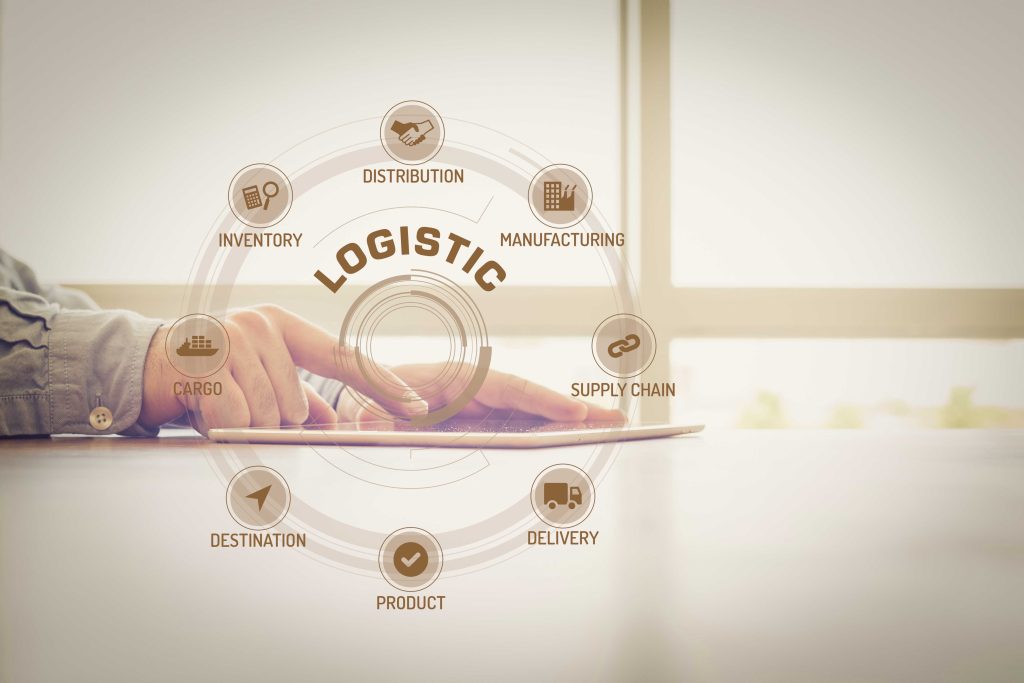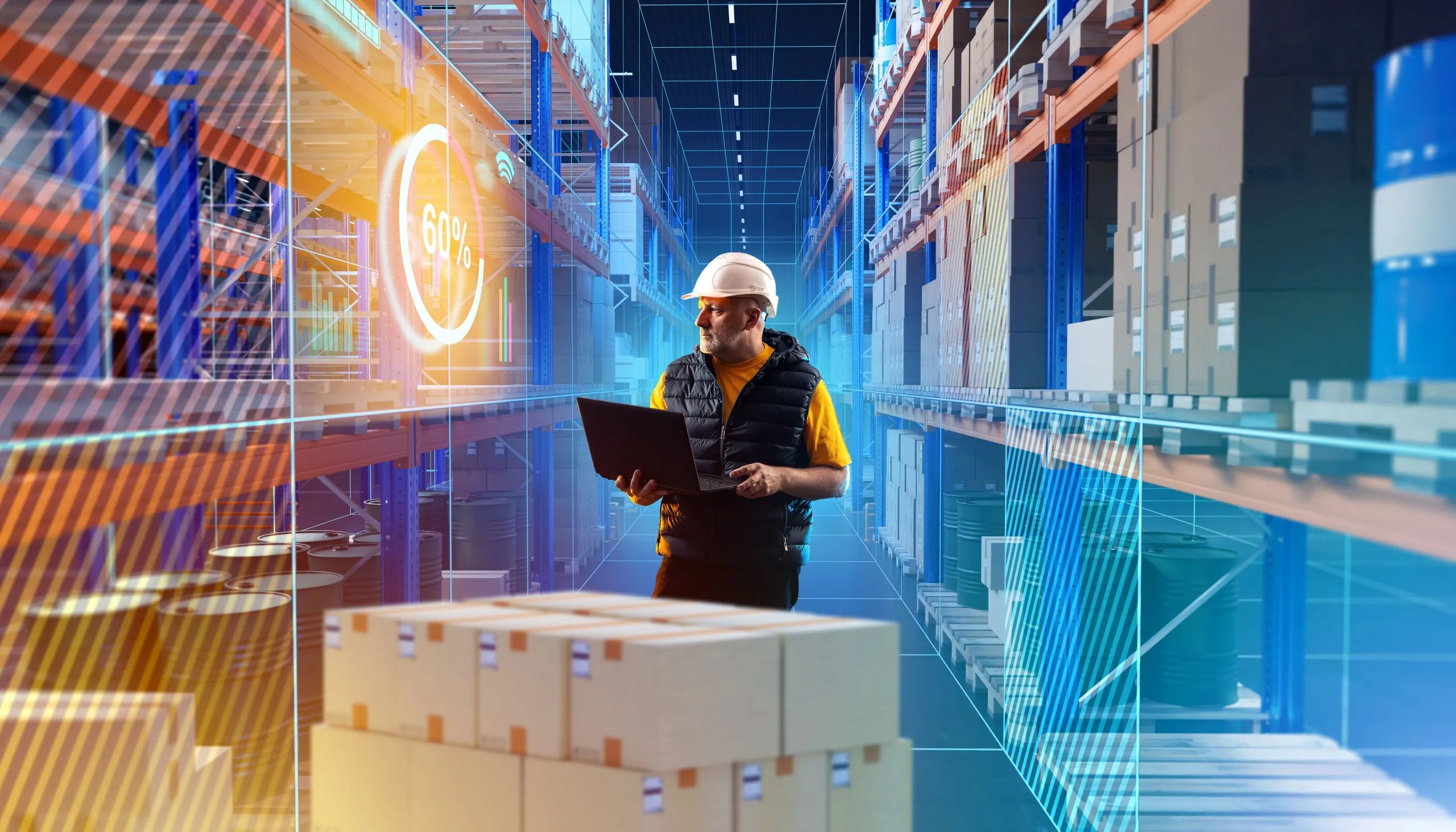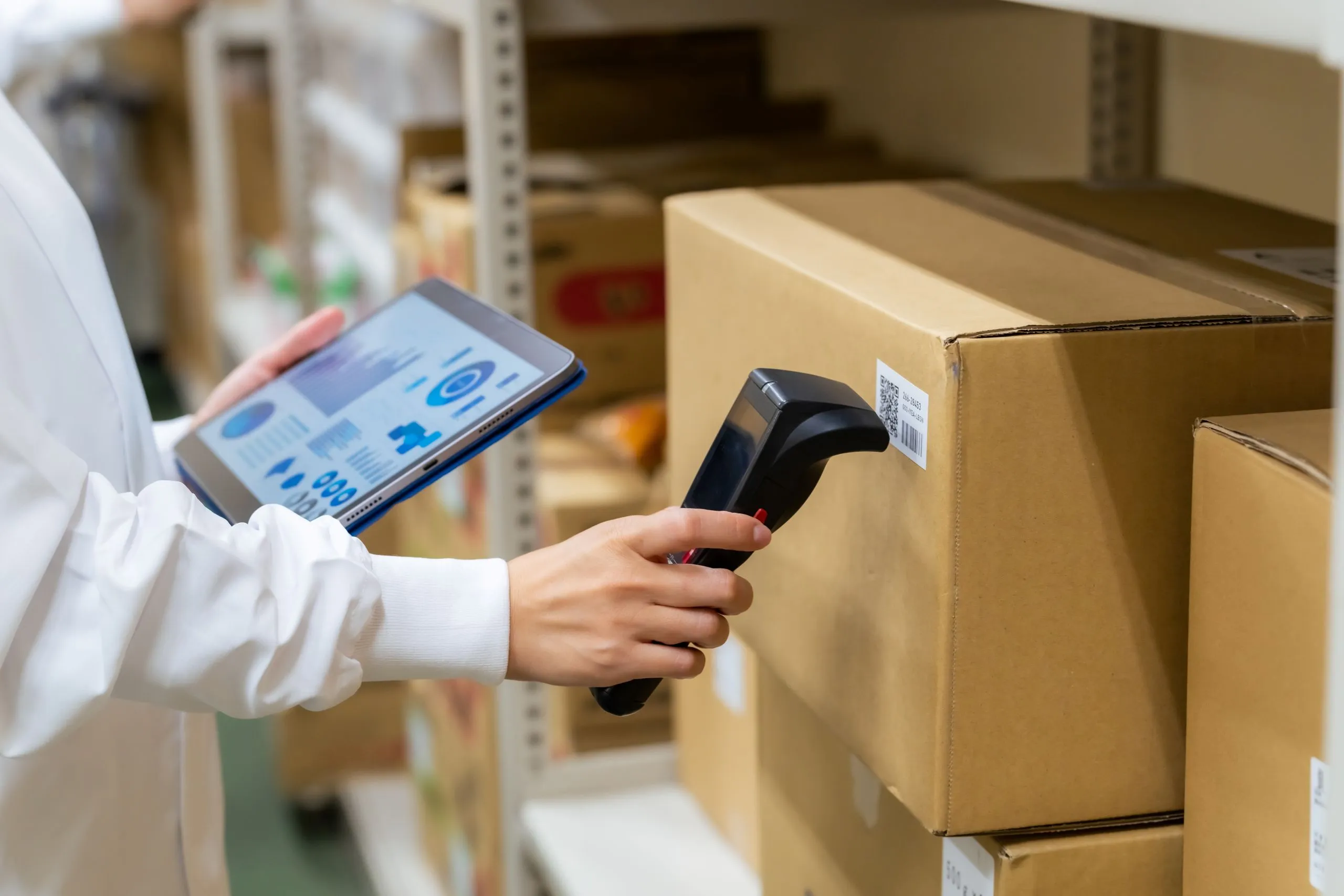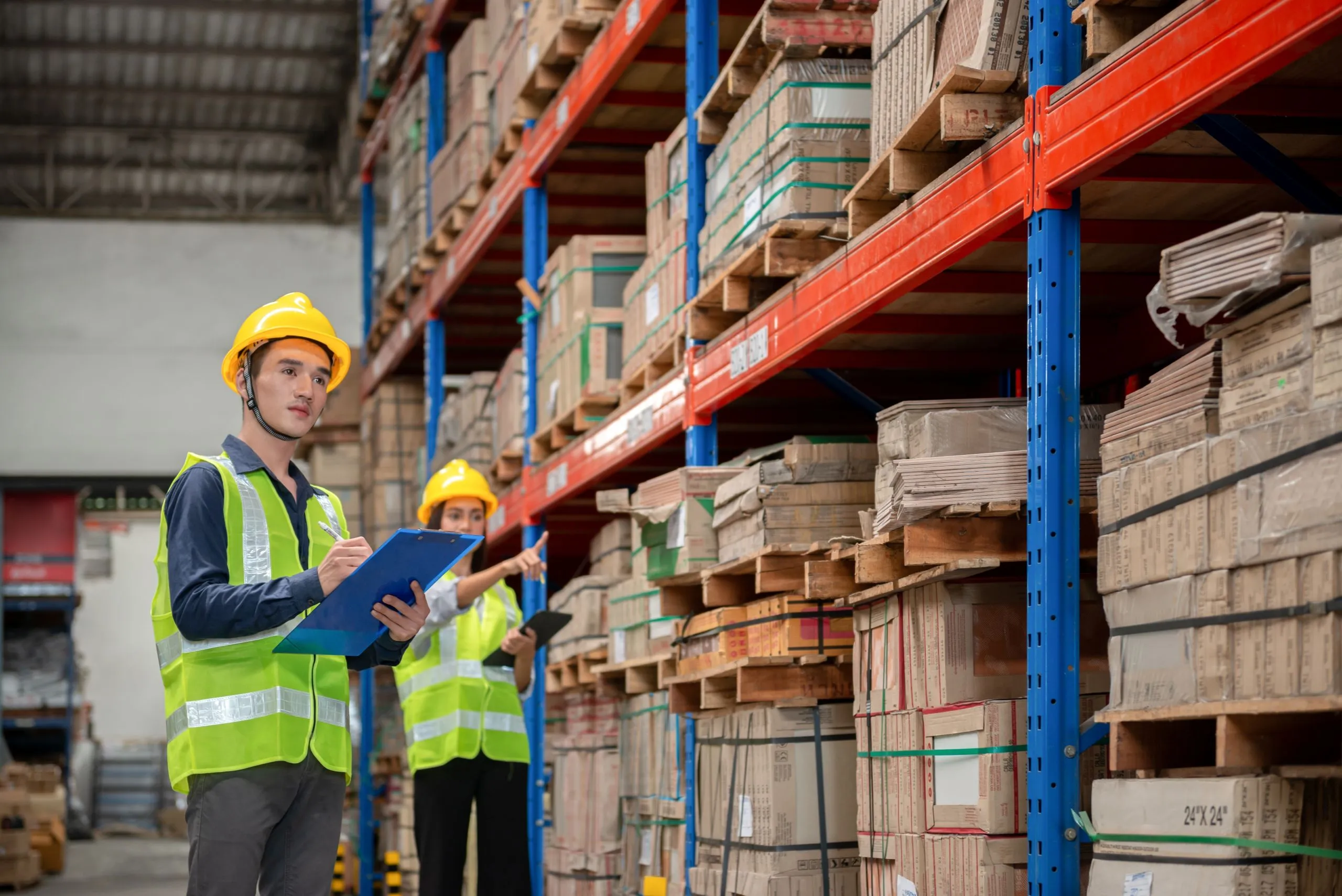Fulfillment and logistics services are critical processes for e-commerce businesses to enhance customer satisfaction and gain a competitive advantage. After producing their products, businesses must also manage the processes of delivering these products to consumers. Both fulfillment and logistics encompass this process. While they have common steps, there are also processes where they differ.
What is Logistics?
Logistics is a process that manages and optimizes the flow of goods and services within the supply chain. This process ensures that raw materials reach the end user starting from the producer. Logistics encompasses various activities such as storage, inventory management, order processing, transportation, distribution, and recycling. Its goal is to ensure that goods and services reach the right place at the right time in the most efficient and effective way.

What is the importance of logistics in e-commerce?
The spread of e-commerce has increased the importance of logistics for businesses. Logistics in businesses reduces costs, increases profitability, enhances customer satisfaction, and provides a competitive advantage.
The importance of logistics in e-commerce covers several steps;
Fast delivery: It is important for customers to receive the products they purchase from e-commerce platforms quickly. Fast delivery increases customer satisfaction and the likelihood of repeat purchases.
Inventory management: Accurate inventory management is critical for e-commerce businesses. Having products in the right place at the right time ensures that orders are fulfilled on time and without errors.
Cost reduction: Logistics costs typically constitute a large portion of e-commerce expenses. Efficient logistics management reduces shipping costs, optimizes warehouse operations, and lowers operating expenses.
Competitive advantage: Customers seek logistics advantages such as fast delivery, low shipping fees, and hassle-free return policies. A good logistics strategy allows a business to differentiate itself from competitors and gain a competitive edge.
Customer satisfaction: Fast delivery, accurate and timely delivery of the correct products, and secure delivery increase customer satisfaction. Customer satisfaction, in turn, boosts brand loyalty and contributes to positive customer reviews.
For these reasons, the proper management and optimization of logistics in e-commerce is extremely important for businesses.
What is Fulfillment?
Fulfillment is a term commonly used by e-commerce businesses and encompasses order management, warehouse management, logistics management, and customer relationship management processes. Additionally, it provides support for processes such as software and digital design to businesses in need.
Fulfillment services help businesses manage operations such as storing products, preparing orders, packaging, shipping, and delivering to customers. These services are usually offered by a third-party logistics provider and allow businesses to reduce their operational burdens and use their resources more effectively. The fulfillment process plays a critical role in the success of e-commerce businesses by enhancing customer satisfaction and increasing the competitive strength of businesses.
What are the benefits of obtaining fulfillment services for e-commerce businesses?
There are many benefits to obtaining fulfillment services for e-commerce businesses. In addition to the benefits listed below, obtaining fulfillment services provides businesses with more flexibility, operational efficiency, and competitive advantage.
Operational convenience: Fulfillment services professionally manage logistics operations such as order processing, warehousing, packaging, and shipping management. This reduces the operational burden on businesses and allows them to use their resources more effectively.
Fast and accurate service: Professional fulfillment companies increase customer satisfaction by providing fast and accurate deliveries. Businesses ensure that orders are fulfilled on time and completely, meeting customer expectations.
Cost savings: Obtaining fulfillment services saves businesses from costs such as renting warehouses, managing warehouse operations, hiring staff, and purchasing logistics equipment. Additionally, large-scale fulfillment providers can often offer advantages in shipping costs.
Expansion and scalability: Fulfillment services support business growth and facilitate expansion into new markets. Through fulfillment service providers, businesses can easily scale to meet demand and increase their growth potential.
Expertise and technology: Fulfillment service providers have the expertise and advanced technology to manage logistics operations professionally. Businesses can work more efficiently and effectively by leveraging this expertise and technological infrastructure.
Customer focus: Fulfillment services focus on increasing customer satisfaction and providing a seamless shopping experience for customers. Professional services offer customers benefits such as fast deliveries, tracking capabilities, and easy return processes, which increase customer loyalty.
What are the differences between fulfillment and logistics?
Although fulfillment and logistics are often used as closely related concepts, there are some differences between them. Here are those differences:
Scope and focus: Fulfillment is a service that typically includes specific operations such as order processing, warehousing, packaging, and shipping management for e-commerce businesses. On the other hand, logistics is a broader concept that manages the entire flow of goods and services within the supply chain, encompassing various processes such as warehousing, transportation, inventory management, and order processing.
Operational details: Fulfillment focuses on operational details such as receiving customer orders, storing products, packaging, and shipping. Logistics, however, covers all processes within the supply chain, including every stage from material procurement to delivery to the customer.
Customer focus: Fulfillment is centered on ensuring customer orders are fulfilled accurately and on time, whereas logistics focuses more generally on efficiently managing the supply chain.
Process management: Fulfillment typically manages more specific and operational processes, while logistics involves broader and more strategic process management.
Service providers: Fulfillment services are typically provided by companies or third-party logistics providers that offer services specific to e-commerce businesses, while logistics services are generally provided by general logistics companies or supply chain management experts.
Given these differences, it can be said that fulfillment and logistics concepts have distinct but complementary functions.
In summary, fulfillment services typically focus on operational stages such as processing orders, packaging, and preparing shipments, while logistics services encompass supply chain management from a broader perspective. This includes processes such as warehousing, inventory management, transportation, customs clearance, and distribution. Fulfillment services ensure that customers receive their orders quickly and efficiently, while logistics services optimize every stage of the supply chain to reduce costs and increase efficiency. Together, fulfillment and logistics services form a critical whole for businesses to enhance customer satisfaction and gain a competitive advantage.





